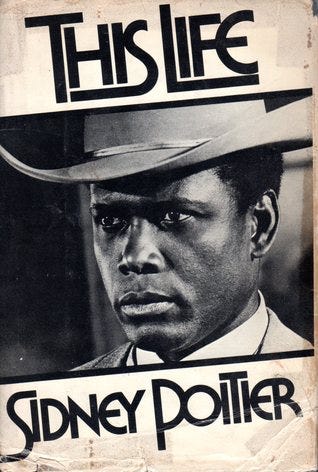Today is Sidney Poitier’s birthday. From his early pictures, such as No Way Out, A Raisin in the Sun, Edge of the City, The Slender Thread and The Bedford Incident to the year he starred in the top three moneymaking movies, one of America’s best actors displays passion, verve and integrity. Mr. Poitier embodies individualism onscreen.
His artistry grows with each performance. Whether as a disillusioned teacher coaching impoverished London students, a medical doctor extending courtesies to an ignorant San Francisco Democrat and his wife as they hesitate to bless their child’s interracial union or a wrongly accused Philadelphia homicide detective solving murder in an uncivilized town, Sidney Poitier adds range and depth to every character.
These three roles comprise his work in a single year. The movies—James Clavell’s To Sir, With Love, Stanley Kramer’s Guess Who’s Coming to Dinner? and Stirling Siliphant’s In the Heat of the Night, which held the top three box office spots that year—ea…
Keep reading with a 7-day free trial
Subscribe to Autonomia to keep reading this post and get 7 days of free access to the full post archives.




